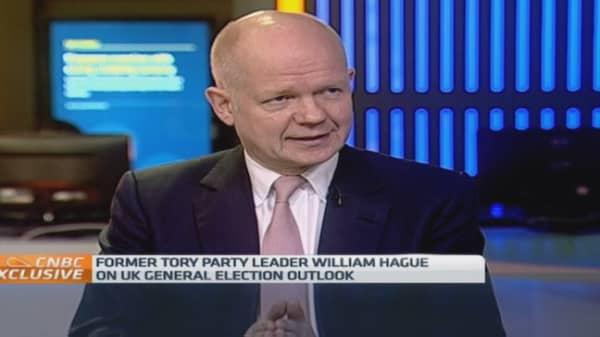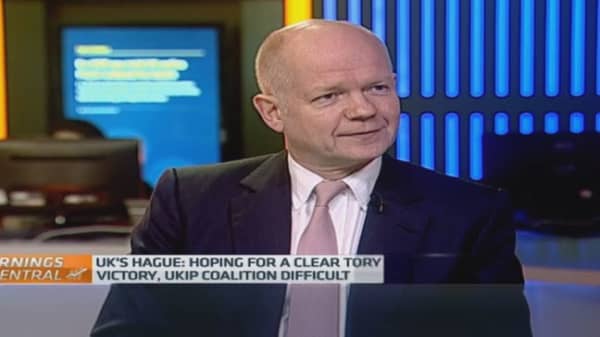Outside of that, the issues of Europe and immigration controls are crucial, more so than it has been since the 1990s. Interestingly it is much more of a cross party issue than it has been in the past, but whilst it will cost both Labour and the Conservatives votes, it will likely only cost the latter actual seats.
Nonetheless, I expect UKIP to win far fewer seats than the polls are suggesting – although UKIP has now won Parliamentary seats, they have only done so via defections, and a large amount of their current support may prove to be in protest and desert them when it comes to May.
The NHS is also a crucial topic like it always is, but frankly it's a little tedious. We all want it to stay. We all want it to get better. We don't really believe any party has the ability to carry that out – and too much politicisation of the issue just makes voters tire of politicians in general.
The wild card which is largely ignored at the moment is constitutional reform. At a time when voters are disillusioned with everyday politics, changing the way our country is governed has the ability to boost turnout significantly, and thereby upset all the current polls or predictions. The Scottish Independence vote last year highlighted how nationalistic issues really capture people's imaginations.
Referring to the "English votes for English laws" issue Hague told CNBC that there would be a "specific pledge to have fairness for the whole of the UK, including England" in the Conservative manifesto. They have kept relatively quiet about this so far, but it's a topic to watch.
Read MoreUK election 'extraordinarily uncertain'






